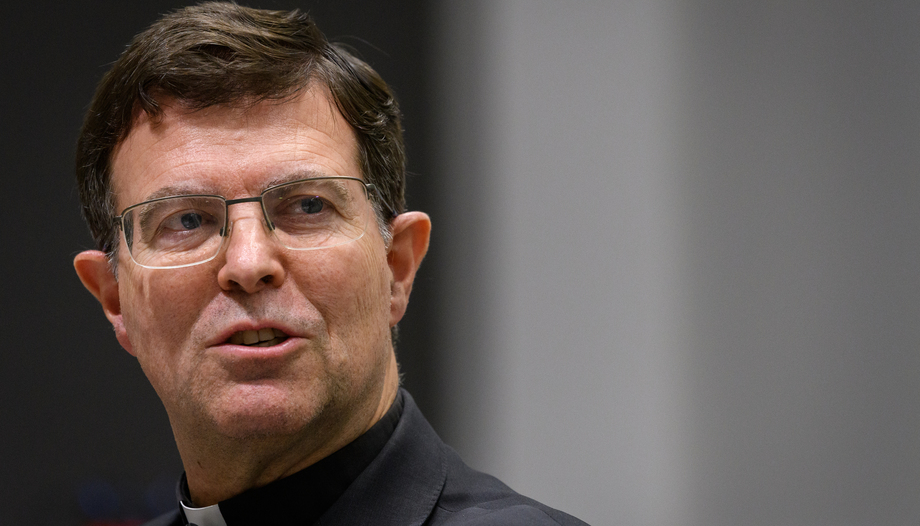Pablo Blanco Sarto received the Ratzinger Prize for Theology from Cardinal Pietro Parolin on November 30, 2023. In this interview with Omnes he talks about the figure and, above all, the legacy of Joseph Ratzinger-Benedict XVI, whose work and thought, as he himself says, we do not yet know the full extent of his work and thought.
How did you receive the news of the Ratzinger Theology Prize 2023?
- Naturally, with joy and gratitude. Joy because to receive an award named after someone to whom I have dedicated part of my studies is an honor. Ratzinger is possibly one of the best theologians of the turn of the millennium. To have his name next to mine is a great good fortune.
And gratitude because it is a recognition of my work, also with a certain sense of relief, because it means that I was not so far off track when I interpreted Joseph Ratzinger's thought.
On December 31, 2022, Benedict XVI left us. How has Pope Ratzinger's pontificate marked the Church? What are, in your opinion, the key points to understand this pontificate and his historic resignation?
- It was a brief but intense pontificate. He left us a luminous magisterium with his three (and a half) encyclicals, his catecheses on the history of the Church and his inspired homilies.
He continued with the clean-up operation that John Paul II had already begun in the sexual abuse cases, and extended it to the economic and financial sphere.
Finally, he left the gesture of renunciation, which is an example that still gives us food for thought. It is a practical teaching on the way of exercising ministry in the Church, which is very useful for us to remember at this time.
You are part of the editing team for Joseph Ratzinger's Opera Omnia. Is there much more to know about the Bavarian Pope's works?
- In German they are finishing volume 15, the last one, although they will later add an appendix with recovered texts. After the Polish, the Spanish translation is the fastest. But it is certain that this compilation, directed by the Pope Emeritus himself, is only the beginning. Interest in Ratzinger's thought is growing every day, especially among younger students. This suggests that Ratzinger's best is yet to come: he is not only a great theologian of the past, but a promise for the future.
In his speeches to La Sapienza (2008) and Regensburg - both controversial - the Pope speaks with particular clarity about faith and reason. What do you think are Joseph Ratzinger's main contributions in this regard?
- Yes, now Ediciones Rialp has published these texts with commentaries by Catholic, Protestant and Muslim authors on the Regensburg speech. The echo it has had in the intellectual world is impressive. In the case of the speech not delivered at La Sapienza, it has been less studied, but it contains some truly revolutionary ideas, such as when he presents philosophy and theology as "twin sisters".
I think that this year's Ratzinger Prize, awarded to a theologian and a philosopher, both with studies in both fields, is an exemplification of this very Ratzingerian idea.
Ratzinger himself acknowledged that he never stopped being a university professor. How did Ratzinger understand university teaching and teaching and research work? Do you think that this teaching vocation was transferred to his task as pastor of the Church?
- Yes, Ratzinger has been both a professor and a pastor: as a professor he always took into account this pastoral, practical dimension of theology; as a pastor, he always focused on the doctrinal, intellectual dimension of the teachings that the Church imparts. It might seem that his dedication to pastoral tasks prevented him from developing a more extensive theology, and in a certain sense this is true. But this weakness also became in him a strength. His theology is not enclosed in an ivory tower, but is open to the pastoral and missionary needs of the whole Church.
George Weigel has even stated that Joseph Ratzinger should be named Doctor of the Church, do you agree with this statement?
- He would first have to be canonized, but his teachings are clearly arousing more and more interest for their beauty and depth. For both. That is why I like to see Ratzinger's thought projected into the future. What comes next does not logically depend on my forecasts. God will tell.









